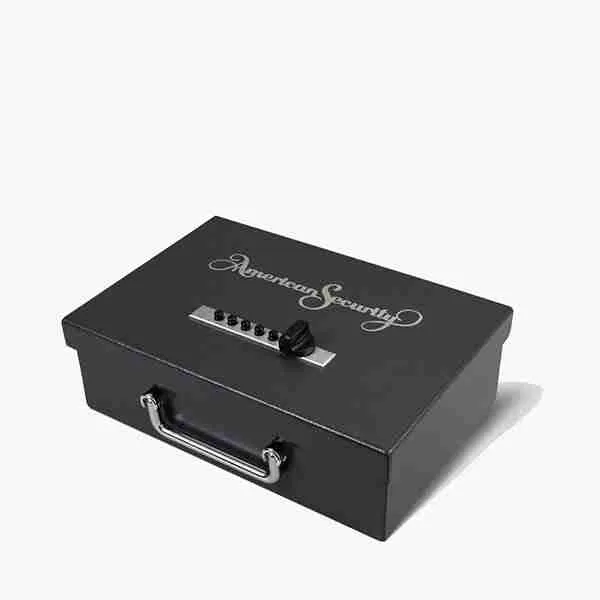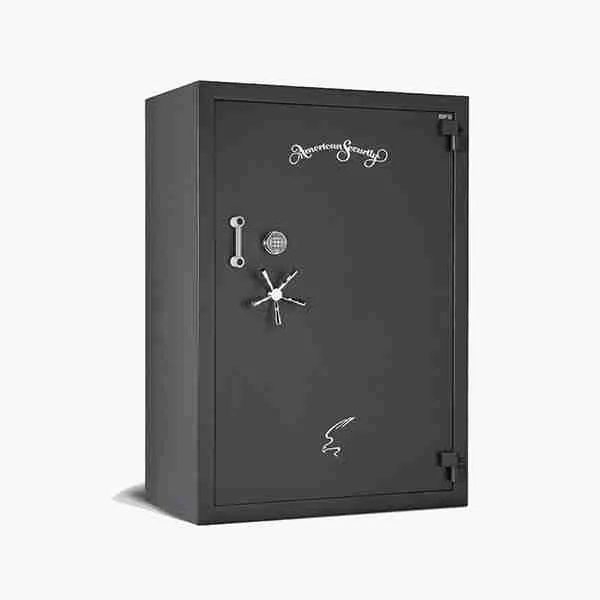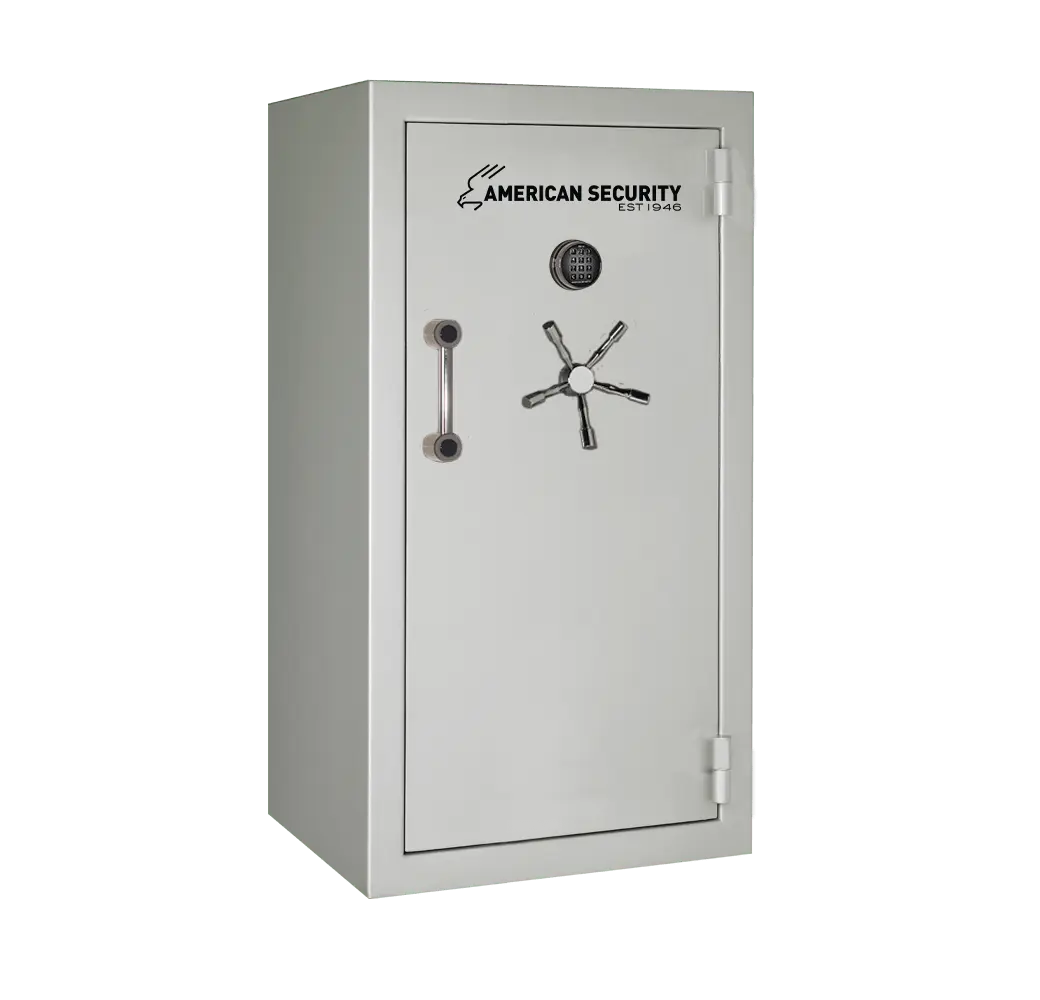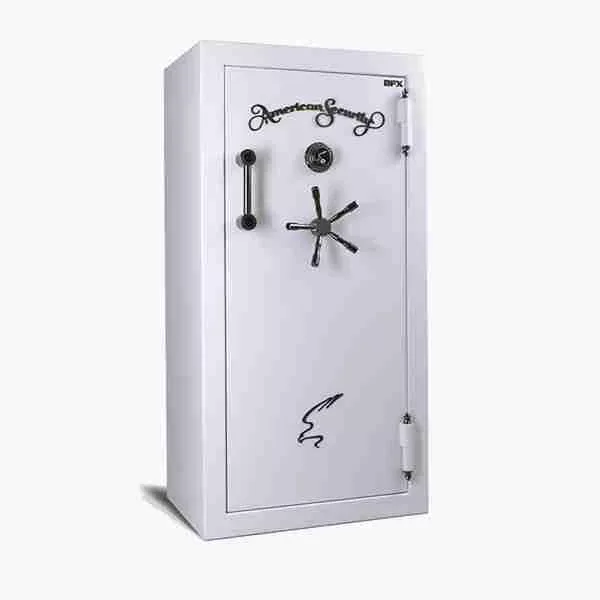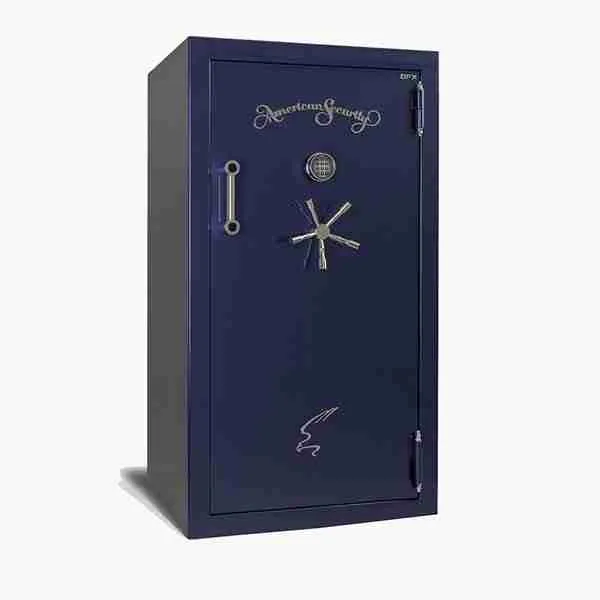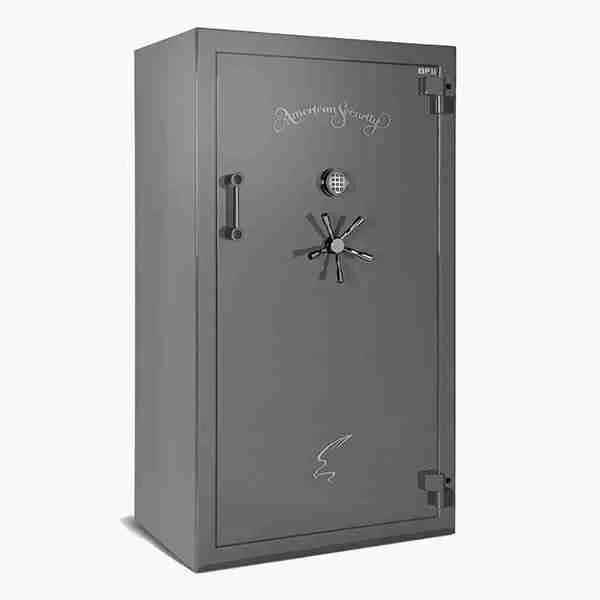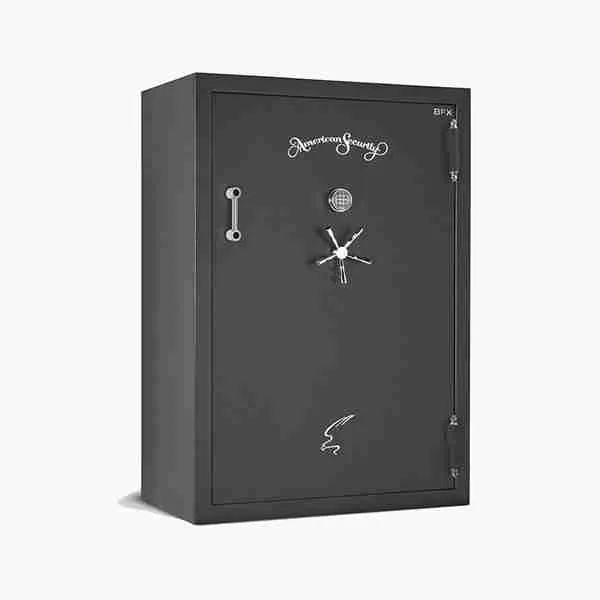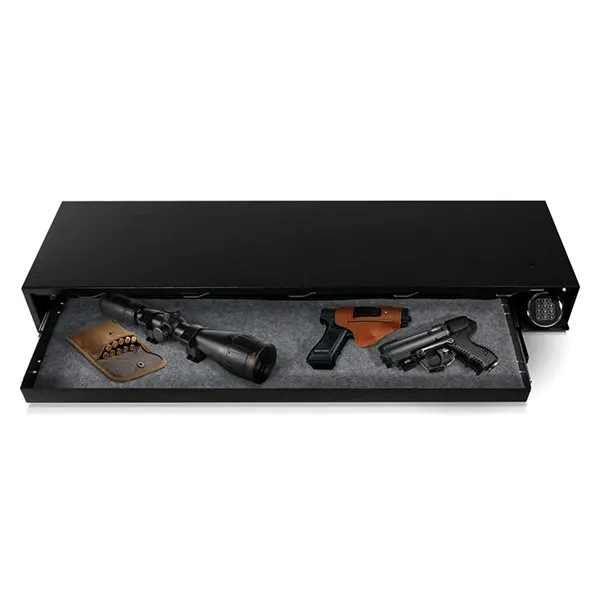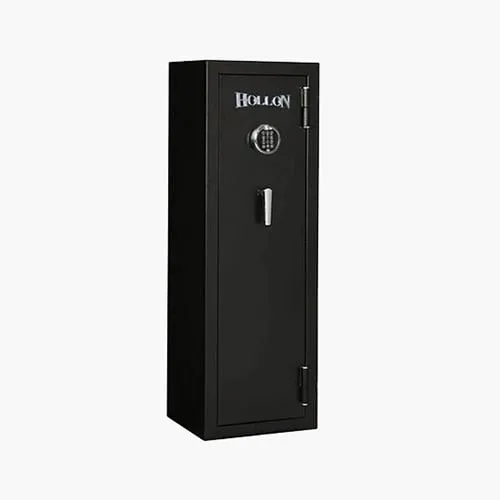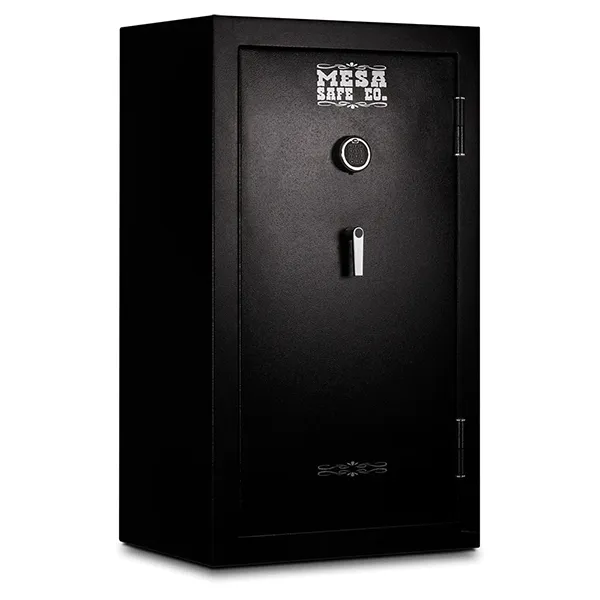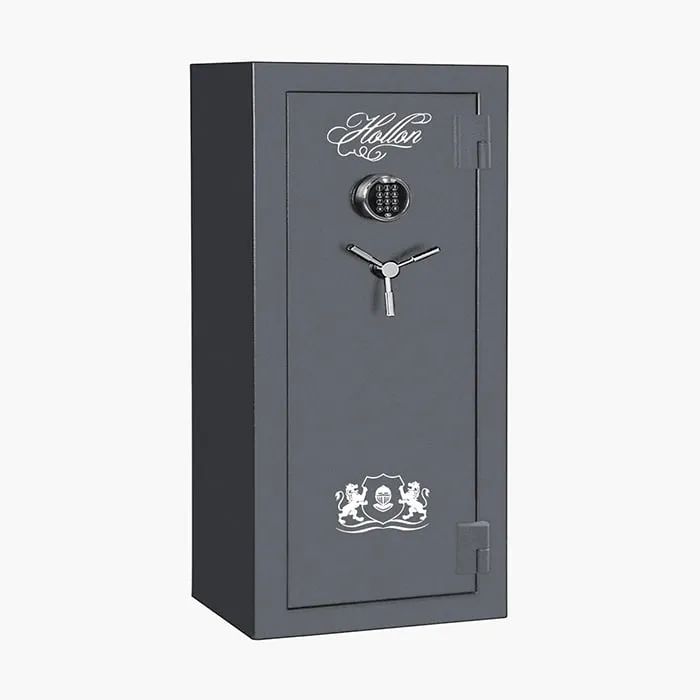Protecting Your Loved Ones and Adhering with New Jersey’s Gun Safe Laws
New Jersey, known for its stringent gun control measures, places a strong emphasis on firearm safety. This article delves into New Jersey’s gun safe regulations, highlighting the importance of responsible gun ownership and storage. Among the key aspects of these regulations are the requirements regarding gun safes.
New Jersey, as one of the states with robust gun control laws, is committed to ensuring the safe and responsible use of firearms. The state’s regulations encompass a wide range of aspects, including background checks, firearm registration, and gun storage.
Gun safes play a pivotal role in promoting firearm safety. They are designed to securely store firearms, preventing unauthorized access and accidents. For gun owners in New Jersey, understanding the state’s gun safe regulations is essential.
New Jersey’s Gun Safe Regulations
New Jersey’s gun safe regulations are primarily governed by N.J.S.A. 2C:58-15. This statute mandates that any person who owns a firearm or receives a firearm purchaser identification card (FPIC) must secure their firearms in a gun safe or lockbox when not in use.
- Firearm Storage: Gun safes must be securely locked, and only the authorized owner should have access to the firearms stored within. The safe should be strong and tamper-resistant, making it difficult for unauthorized individuals, especially children, to access the firearms.
- Compliance with the FPIC: Any person seeking to obtain an FPIC or already possessing one must adhere to these regulations. This card is essential for purchasing firearms in New Jersey, and non-compliance can result in penalties.
- Transportation of Firearms: When transporting firearms, they must be unloaded, secured in a locked container, and kept in the trunk of the vehicle. This is another crucial aspect of the state’s gun safe regulations.
The Importance of Gun Safes
New Jersey takes its gun safe regulations seriously. Non-compliance can result in serious legal consequences, including fines, imprisonment, and the revocation of firearm licenses or FPICs.
One of the primary reasons for these regulations is to protect the safety of family members, especially children. Unsecured firearms are more likely to lead to accidents, and New Jersey aims to reduce such incidents through strict gun safe requirements.
Selecting the right gun safe is critical for compliance with New Jersey’s regulations. Gun owners should look for safes that are not only secure but also meet the state’s specifications. Some models come with biometric locks, electronic keypads, and tamper-proof mechanisms to enhance security.
Learn more about New Jersey’s Gun Laws.
